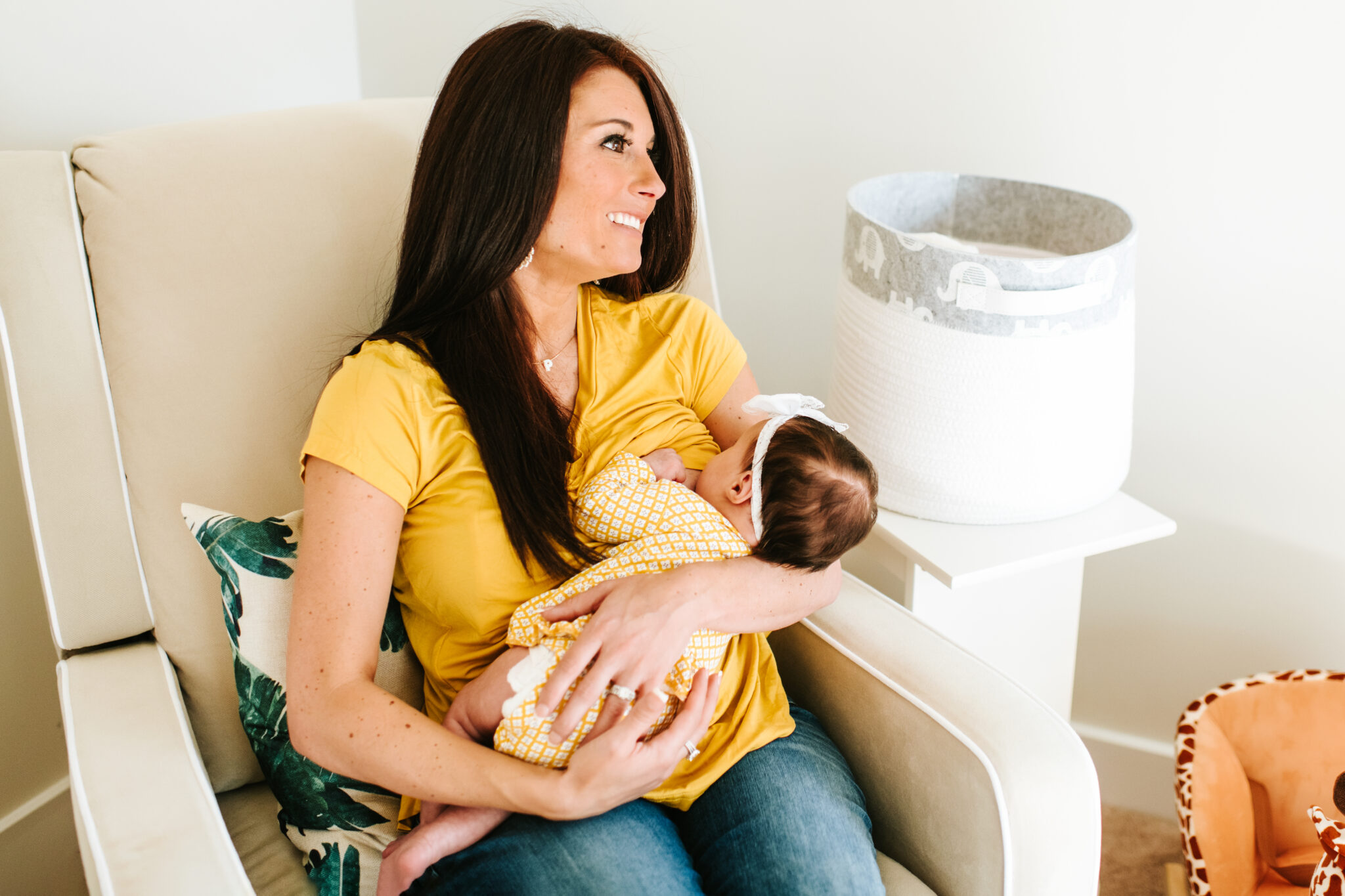How I Stopped Drowning in Parenting Advice
I tensed up as I saw my toddler reach out and shove her baby sister to the ground. My normally mild-mannered child had an unexpected burst of aggression trying to protect a castle she just built, and her sister had a bloody lip to show for it.
I picked up the baby and held her close, as my brain ran through the options for how I should handle this. Rather than following my instincts, I was asking myself what would Magda Gerber, Maria Montessori, William Sears, and a host of other parenting experts do?
The result was that I didn’t actually respond to the situation – I just sat there staring as my toddler continued to work on her castle. I was paralyzed and overthinking things. My brain was screaming, don’t overreact but don’t underreact. Stay calm but be firm. Establish boundaries but don’t punish. Support your toddler’s emotions but don’t indulge her. I didn’t know what to do.
I realized that I was drowning in parenting advice and no longer could see the way forward. I admit it was a disaster of my own doing. I followed countless parenting accounts on Instagram, had over 25 parenting books, subscribed to several parenting channels on YouTube, tuned into parenting podcasts regularly, and had spent an embarrassing amount of money on online parenting courses.
The result: indecision, insecurity, and stress. I was consuming so much advice that I could no longer connect with my intuition. My parenting decisions felt like they were increasingly motivated by the fear and worry of doing it wrong. What if I picked the wrong approach? Which parenting expert was right?
Over the last few weeks I have made some much-needed changes and have slowly started to float above the chaotic waves of parenting advice. Here is what has helped me start to tap into my intuition again and trust my instincts more (yes, I realize I am giving advice on avoiding too much parenting advice, ironic huh?).
I stopped consuming so much parenting advice.
I cut way back on the parenting advice I was reading and listening to, but I did not cut it out completely. I picked one book to slowly work through over the next few months. I traded all my parenting podcasts for some fun comedy ones so my brain could take a break. I unsubscribed from all but two YouTube parenting-based channels and I also unfollowed all but a handful of parenting Instagram accounts, focusing on ones that were positive and made me feel encouraged.
I started to parent more in the gray area.
I found that a lot of parenting books and advice made hot button issues like sleep training, potty training, handling tantrums, and how to feed your kids seem very black and white. They often made me feel like a small deviation from whatever plan, approach, or method I chose would result in chaos and confusion for my child. Structure and consistency are important, but so is adaptability.
Now I give myself permission to respond to each unique situation in differing ways. For example, sometimes I respond to my baby’s cries at night and sometimes I let her work through it on her own. Sometimes I actively comfort my toddler during a tantrum, and other times I briefly acknowledge her feelings and go back to what I was doing. I read the situation.
I now focus on being perfectly consistent in my compassion and love for my kids, as well as rules around safety, but everything else can adapt and change as the situation and circumstances call for it.
I learned to be okay with making mistakes.
I embraced the idea that my best opportunity for learning as a parent was to simply make mistakes. Most of the lessons I will learn will not be found in a book but discovered through on-the-job experience.
For example, recently my child had a major regression in her potty training. My first response was to firmly exclaim that we only go to the bathroom in the potty (as she stared me in the eye and purposefully peed on the floor). This only made it worse. So, I switched my approach and stopped reacting so strongly to the situation, and calmly had her help me clean it up the next time she had an accident. The problem stopped within a day. I didn’t need a book, I just needed some trial and error.
As a parent, I have learned that there are many different paths to successful parenting, and we each choose what works best for us and our kids. Parenting is certainly not one-size-fits-all, and while all the parenting advice can be helpful, it should not replace our instincts.
We are all doing the best we can and that is enough. I will leave you with one of my favorite quotes by Emily Oster in Cribsheet.
“At the end, let’s raise a glass to using data where it’s useful, to making the right decisions for our families, to doing our best, and—sometimes—to just trying not to think about it.”

